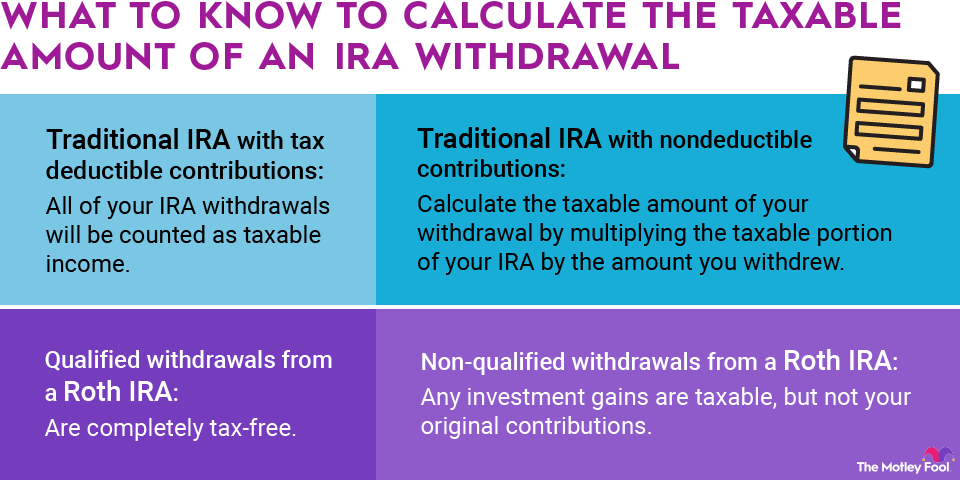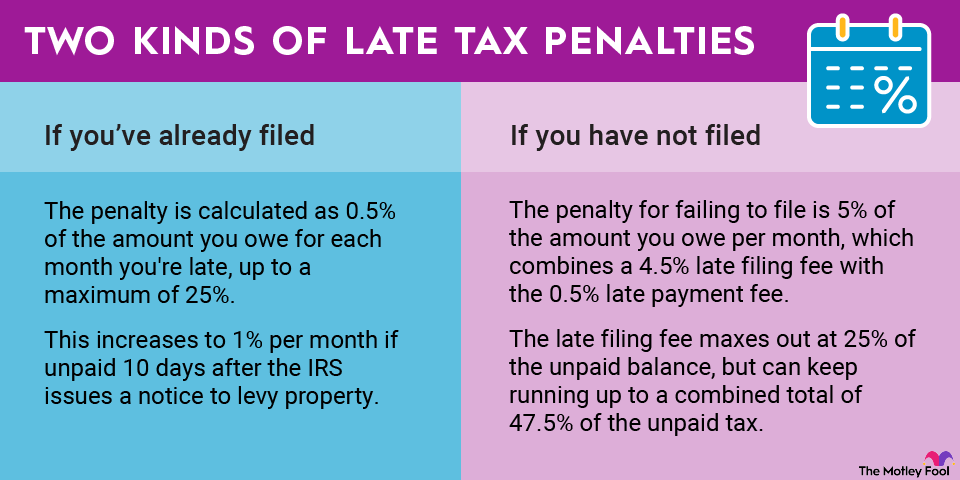The three components of simple interest are principal (p), interest rate (i), and term in years (t). Let's assume you have $25,000 you want to put into savings for two years and that you'll earn 5% during that period.
The equation looks like this:
Simple interest = p * i * t
Simple interest = $25,000 * .05 * 2
Simple interest = $2,500
9. Profit margin
Why you'd want to know your profit margins is pretty self-explanatory: When you know how much you're making, you can sometimes use that information to make even more money. You can also compare your profit margins today to those in the past to see whether you're doing better or worse.
A very simple measure of profit margin is the gross profit margin. You'll need to know the cost of goods sold (COGS) — or the expenses directly associated with the product you're manufacturing, such as wages and materials costs — and net sales in dollars. So, if your COGS is $50,000 and your net sales are $75,000, it looks like this:
Gross profit margin = ((Net sales - COGS) / Net sales) x 100
Gross profit margin = (($75,000 - $50,000) / $75,000) x 100
Gross profit margin = ($25,000 / $75,000) x 100
Gross profit margin = 0.33 x 100
Gross profit margin = 33%
10. Accounting equation
The accounting equation is technically an equation, but it doesn't really produce an answer as such. It ensures that the balance sheet remains balanced and demonstrates that a company's total assets are equal to the sum of its liabilities plus shareholders' equity.
Let's assume that assets are $170 billion, liabilities are $120 billion, and shareholders' equity is $50 billion. The accounting equation looks like this:
Assets = liabilities + shareholders' equity
$170 billion = $120 billion + $50 billion
$170 billion = $170 billion
That's how it works — both sides are balanced.
Related investing topics




















